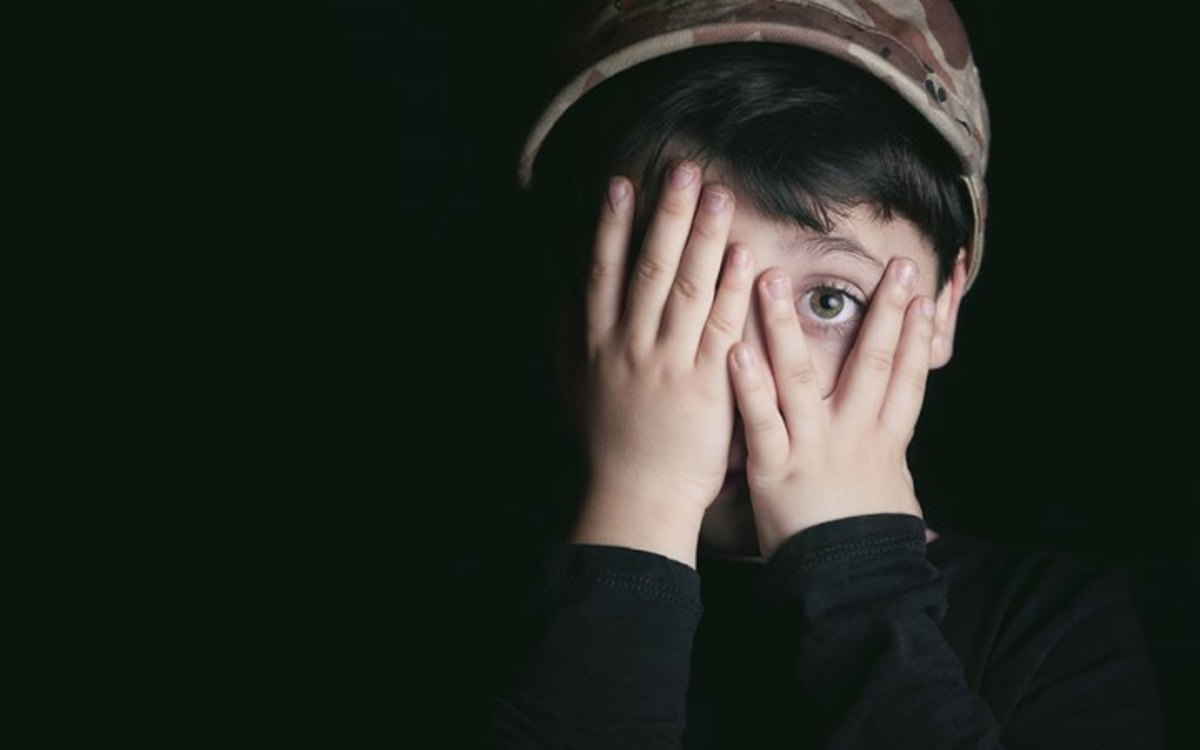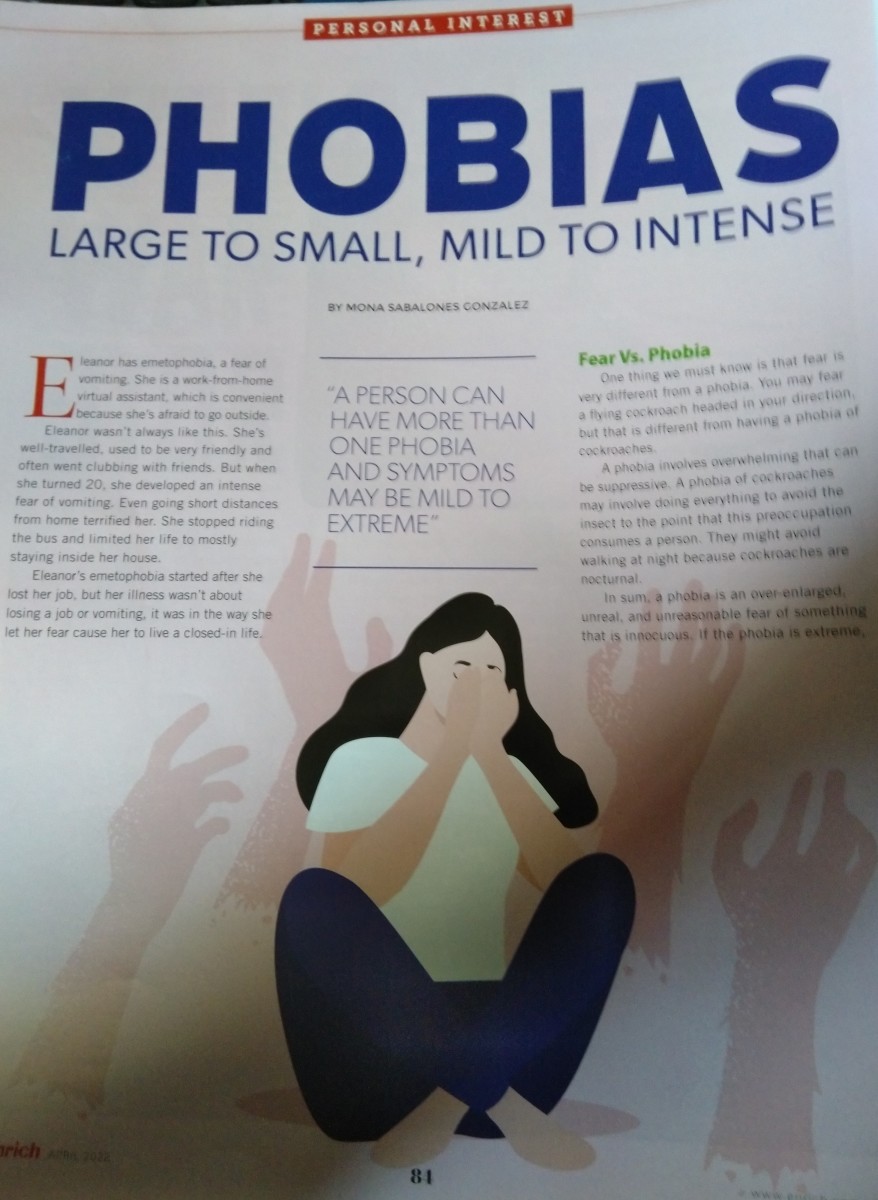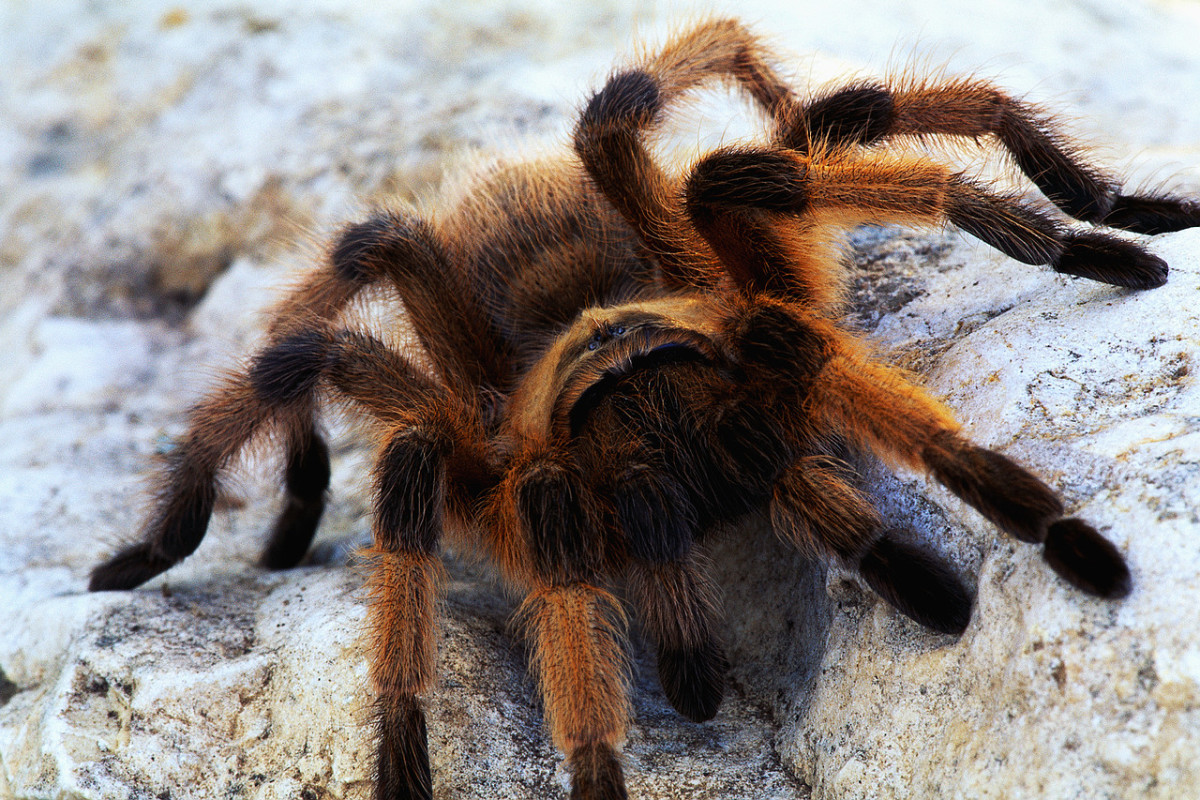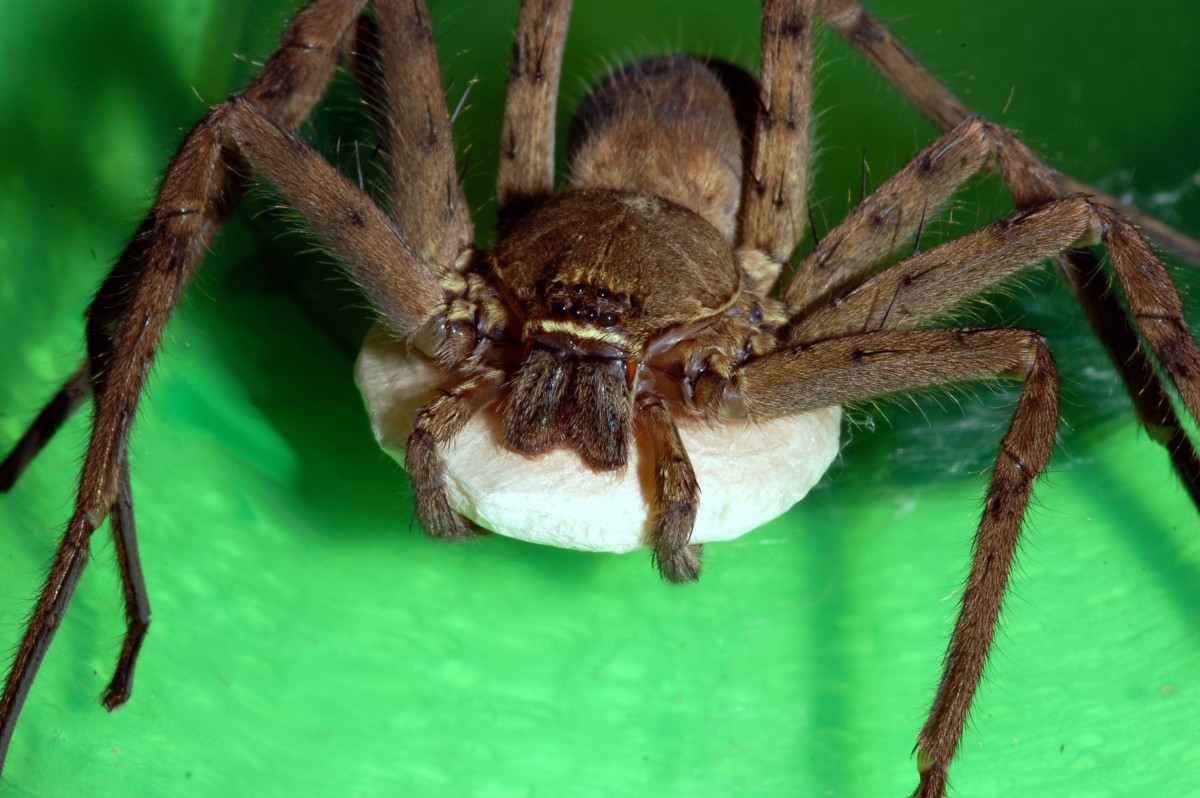- HubPages»
- Health»
- Mental Health»
- Anxiety Disorders
Overcoming animal phobias
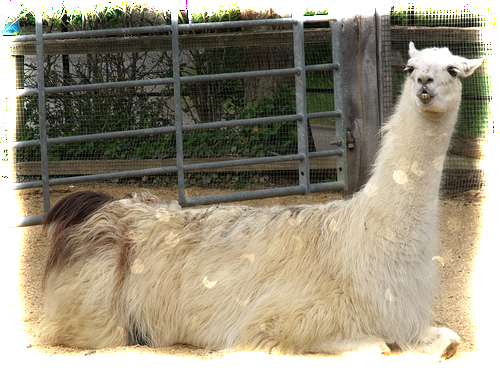
By Michelle Liew Tsui-Lin

Overcoming a fear of dogs
“When you explore your fears then you set yourself free.”
Stephen Richards, the author of Releasing You From Fear, states well the need for us to stare our phobias in the face.
And then claim them.
To run is an all too common reaction to fears. I speak of a fear of our animal friends. Being an animal lover, I confess to sometimes getting a tad impatient when such a fear is displayed.
The fear can be overpowering, especially when it is coupled with the usual stresses of pleasantry and having to observe the social norms of small talk, good manners and respectability.
Yes, it is difficult to have a proper conversation when one is aware that the cat or dog that one is afraid of is nearby.I speak from experience of having friends who dare not visit me at home for fear of my two terriers, Misty and Cloudy. I have come across those who would not dare to step out of a house for fear of stray dogs roaming outside.
It is important to overcome any fear of animals, for reasons of social inclusion and simply moving forward, if not emotionally, at least physically!

Animal related phobias
A phobia is defined as “A persistent, abnormal, and irrational fear of a specific thing or situation that compels one to avoid it, despite the awareness and reassurance that it is not dangerous.”
Of these phobias, the fear of animals is more common than is realized because of constant exposure to them. A fear of cats,dogs and birds is the most prevalent by virtue of their large numbers.
Here is a list of animal related phobias, some of them unknown and quite surprising. The sheer variety and classification will show us how common these are.

Types of fears and descriptions
Agrizoophobia- A fear of wild animals
Alektorophobia - A fear of chickens
Cynophobia - A fear of dogs or of rabies (from dogs)
Doraphobia - A fear of fur or of animal skins
Felinophobia - A fear of cats
Cynophobia - A fear of dogs
Zoophobia - A fear of zoo animals

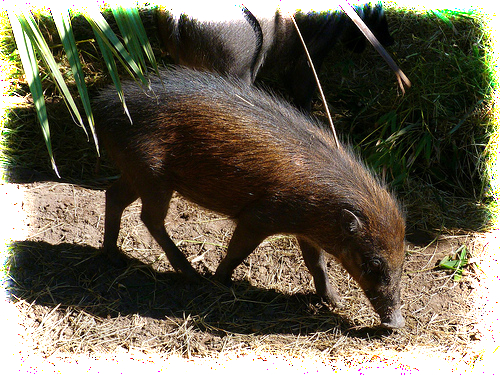
How to overcome a fear of animals
Causes of phobias
As mentioned earlier, a common reaction of animal lovers would be to find it queer that others may have an adverse reaction towards them. Conversely, those who have a fear of animals will find those who own them rathyer difficult to relate to.
Herein lies a need for a detailed understanding of phobias. We begin with their causes.
Predatory instinct
A natural fear of animals could have evolved because of the natural predatory instinct of both animals and humans. The knowledge that an animal could be on the prowl and ready for the attack, in itself, contributes to our fears. We live with the wisdom of avoiding unfamiliar animals.
Disgust
Beware. A lizard has just made its way into the dank recesses of your kitchen cabinet.
Some of us may be familiar with the above scenario. We have an innate fear of reptiles, dogs,birds and cats because of notions of disgust that could have been inculcated in childhood.
We tend to focus on creatures we deem “disgusting.” The thought pattern explains why we would set a butterfly free, but chase after a cockroach with a can of insecticide.
Superstition
A black cat jumping over a coffin is not a good omen.
Notions like these, especially if constantly expressed, can make others put off cats. Negative allusions to the snake in the tenets of religious philosophy contribute to a fear of these reptiles, though not all of them may be poisonous.
Familiarity with these ideas does breed a little skepticism, in the least, and irrational fear, at the worst, of these creatures.
Trauma
We all have friends who might have been chased by dogs in their childhood, or been scratched by cats.
It comes as no surprise that being severely bitten or scratched does contribute to one’s cynophobia or felinophobia.
Parental reaction
If a child’s parent has a phobia of dogs and refuses to allow them into the home, it is natural for the child to start having skeptical views of canines.
A parents views can have heavy bearing on a child’s.

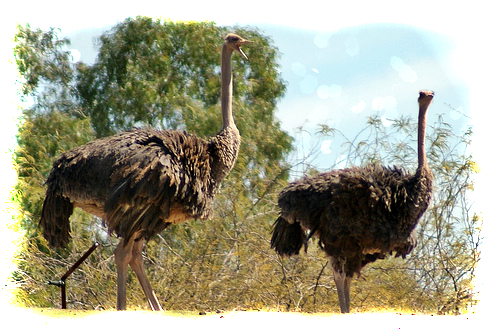
Symptoms of animal phobia
A phobia of animals, just like any other fear, is not just a mild disquiet at the thought of little furry creatures or slimy reptiles running around.
Animal phobia would be an automatic, uncontrollable reaction at the thought of animals. If you suspect that someone you know or love has animal phobia, he or she would be displaying the following symptoms.
-
Dread or complete panic at the mere thought of animals
-
Irrational, uncontrollable reactions to animals.
-
rapid heartbeats when animals are near
-
shortness of breath in the presence of a feared animal
-
severe trembling at sight of an animal
-
extreme avoidance of specific animals or creatures.

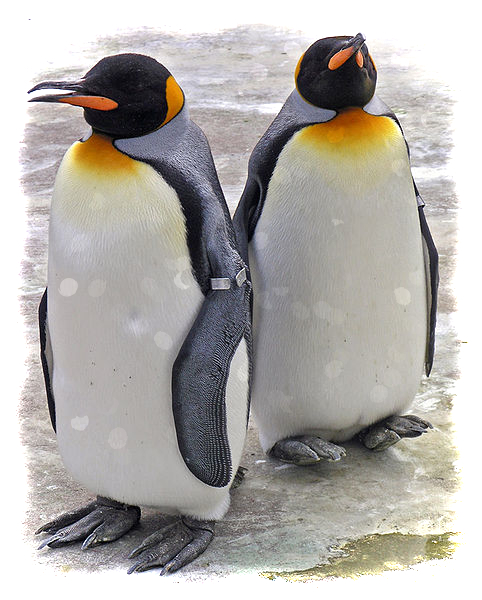
Treatment of animal phobia
Phobias are psychological in nature and are best left to a mental health professional or behavioral therapist to treat if severe.
However, self help is not impossible. If you have cynophobia or any fear, there are simple steps than can be taken to ease it.
Anchoring
Some therapists recommend the technique of anchoring to clients to help them to overcome their fears.
Anchoring involves understanding focus and how one uses the mind,beliefs and language to describe things to oneself. It also involves physiology, or the way the body is used to express good and bad feelings.
For instance, a fear of animals can be expressed in words such as “What if that huge dog bites me?” The body responds to the words with slumping shoulders, darting eyes and trembling.
Anchor around another focus and form of physiology and the situation changes. Not focusing on how the dog will bite and lifting the shoulders helps in taking some of the strain of the fear off.
Few animals attack unless provoked.
Most dogs or cats will seldom attack unless provoked or in severe pain. They are, in fact, more afraid of humans than they are of them.
Have that thought in mind when running into a dog on the street.
Take a breather.
When faced with a dreaded animal or any other fear, it is good to take a quick breather. Walk quickly away and around the block or street until calm enough, or the source of the phobia leaves.
Feel the fear.
Sometimes it is best to feel the fear of the animal without distraction. Do nothing but breathe deeply. It may take a little time, but the phobia will go away on its own.
Exposure.
Take the time to get used to the source of the fear. In this case, it is an animal. This may be especially pertinent if a family member welcomes an animal as a pet.
It can be debilitating in many ways if no attempt is made to conquer the fear. Taking the step to get used to the pet you are afraid of can help to improve relations.
Constant exposure helps in dealing with the fear each time it strikes.
Get real.
Reality is such that the dog, cat or other animal is far less frightening than thought. It is hard to help thinking about being chased by a dog after it has happened, but the chances of such an incident occurring again is very low.
Visualize
When a dreaded animal or other fear faces you, visualize a place of safety and calm. Go to a “happy place’ and recall the times of happiness that might have happened with such an animal, or just think about the things that bring joy.
Talk about it.
This might be necessary when the family, especially with a member who is afraid of animals, is in negotiations over bringing a pet into the home.
To come to a compromise, talk about any fear of the animal that you might have. It helps the other parties listening to lend assurance.
Try talking through any other kinds of phobias that might be present.


Conclusion
Phobias seem trivial but can be slightly debilitating when one suffers from them. Imagine a fear of animals preventing the rest of the family from looking after one.
If self help can be achieved, taking simple steps to overcome phobias can make a big difference.
Original work
By Michelle Liew
All Rights Reserved

- Understanding and coping with the ill-effects of neg...
Tips on understanding and coping with negativity - How to use music to reduce or stress levels:listenin...
An article on how music can relieve stress and some stress busting music tracks. - The benefits of chocolate, myths and a poem
On the benefits of chocolate, why we love chocolate, a few chocolate myths and an epulaeryu poem. - The wonderful qualities of the monk fruit
Blurb: On the cooling effect of the Monk Fruit. - A Wonderful Expression - the importance of smiling a...
A hub on the social and health benefits of a good smile - we should all smile more often!


